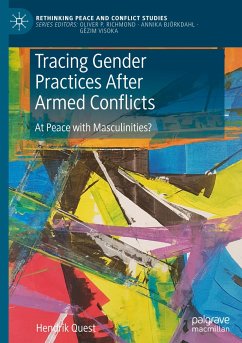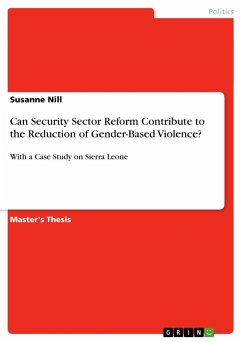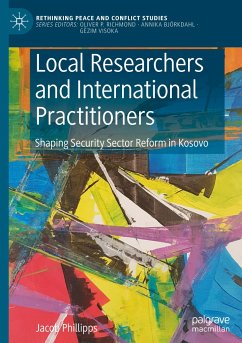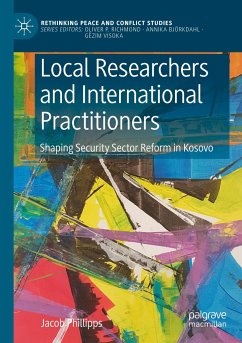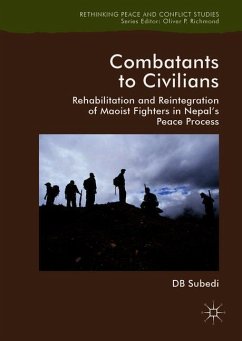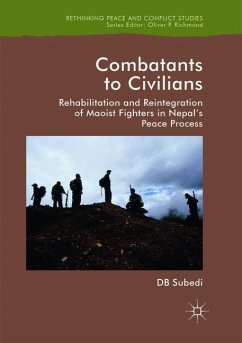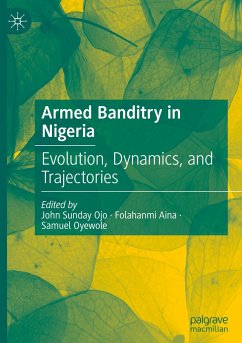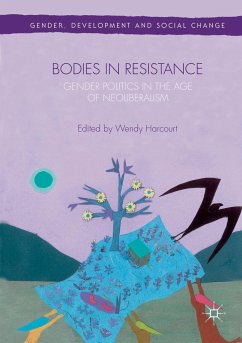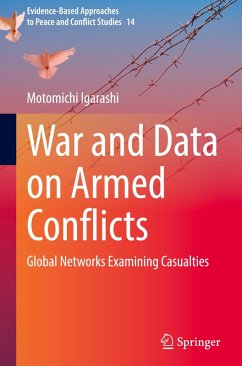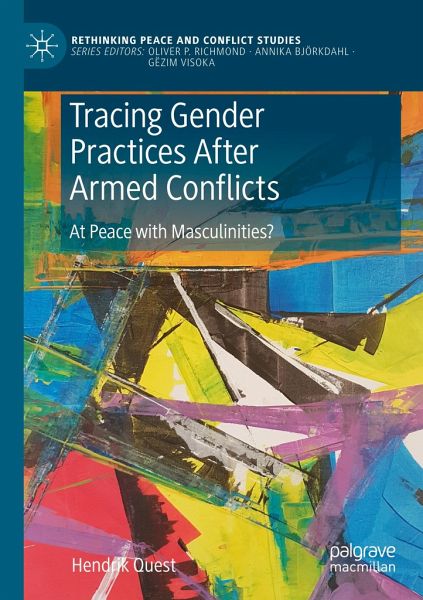
Tracing Gender Practices After Armed Conflicts
At Peace with Masculinities?
Versandkostenfrei!
Versandfertig in 6-10 Tagen
113,99 €
inkl. MwSt.
Weitere Ausgaben:

PAYBACK Punkte
57 °P sammeln!
This book offers a unique perspective on changing gender practices in post-conflict societies, looking at when and how masculinities change after armed conflicts. Building on original research data from Liberia, chapters look at the pathways of change in societal discourses, security sector institutions, and at the level of formatter combatants. Scrutinising the potential of peacebuilding for making conflict-related masculinities change after armed conflicts, the book develops a theoretical model that helps to understand both how violence-centred masculinities change after armed conflicts, and...
This book offers a unique perspective on changing gender practices in post-conflict societies, looking at when and how masculinities change after armed conflicts. Building on original research data from Liberia, chapters look at the pathways of change in societal discourses, security sector institutions, and at the level of formatter combatants. Scrutinising the potential of peacebuilding for making conflict-related masculinities change after armed conflicts, the book develops a theoretical model that helps to understand both how violence-centred masculinities change after armed conflicts, and why profound changes of violent gender practices occur only rarely. What this book hopes to show is that masculinities can and do change after armed conflicts. Illuminating the intricate interrelationship between gendered practices within societal discourses, security sector institutions, and at the individual level in post-conflict societies, this book constitutes an invitation to rethinking ourunderstanding of peacebuilding practices and their interconnectedness with gender, violence, and peace.





